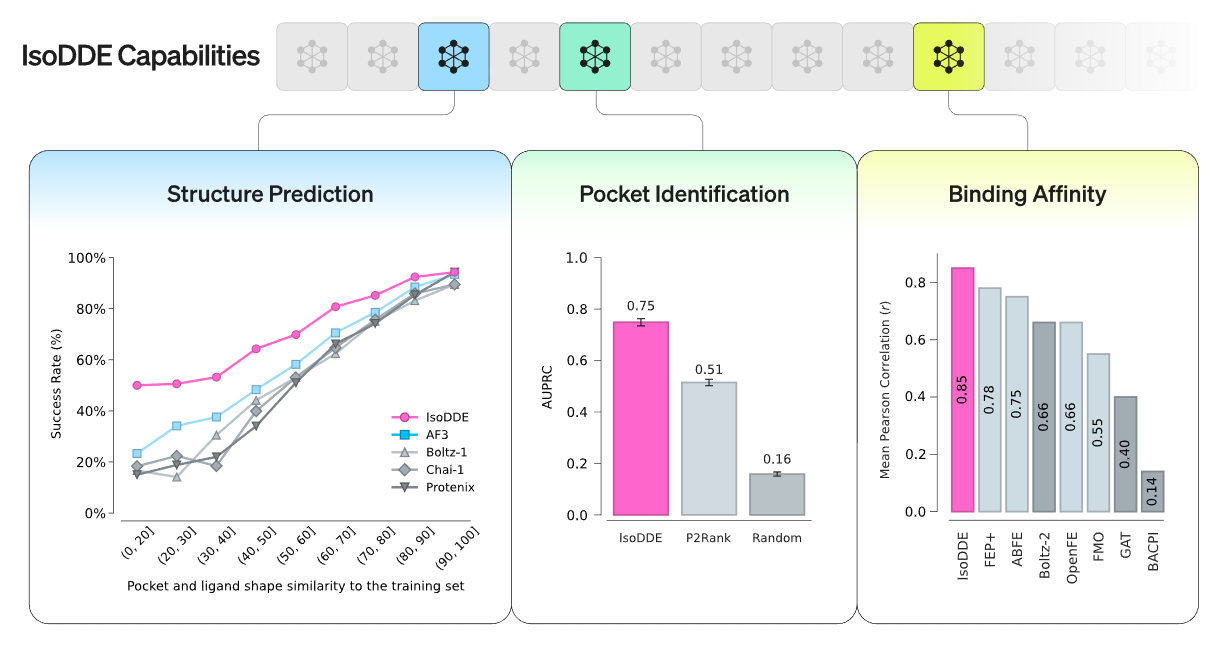Google Deepmind has upgraded its specialized thinking mode "Gemini 3 Deep Think" and made it available through the Gemini app and as an API via a Vertex AI early access program. The upgrade targets complex tasks in science, research, and engineering.
Google AI Ultra subscribers can access Deep Think through the Gemini app, while developers and researchers can sign up separately for the API program. According to Google Deepmind, the model tops several major benchmarks:
| Benchmark | Deep Think | Claude Opus 4.6 | GPT-5.2 | Gemini 3 Pro Preview |
|---|---|---|---|---|
| ARC-AGI-2 (Logical reasoning) | 84.6% | 68.8% | 52.9% | 31.1% |
| Humanity's Last Exam (Academic reasoning) | 48.4% | 40.0% | 34.5% | 37.5% |
| MMMU-Pro (Multimodal reasoning) | 81.5% | 73.9% | 79.5% | 81.0% |
| Codeforces (Coding/algorithms, Elo) | 3,455 | 2,352 | - | 2,512 |
While Deep Think dominates in logic and coding, the gap narrows significantly on MMMU-Pro: it scored 81.5 percent, barely ahead of Gemini 3 Pro Preview at 81.0 percent. This suggests the thinking upgrades focus heavily on abstract reasoning rather than visual processing. Deep Think also achieved gold medal-level results at the 2025 Physics and Chemistry Olympiads. Examples of the model in scientific use can be found here.

